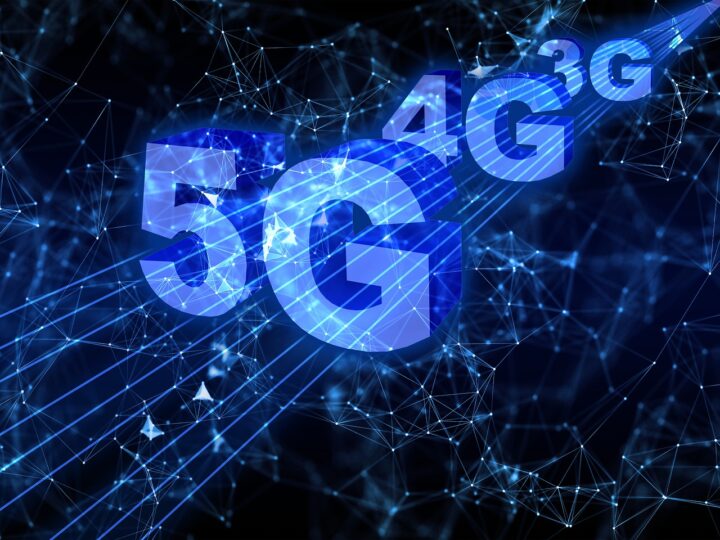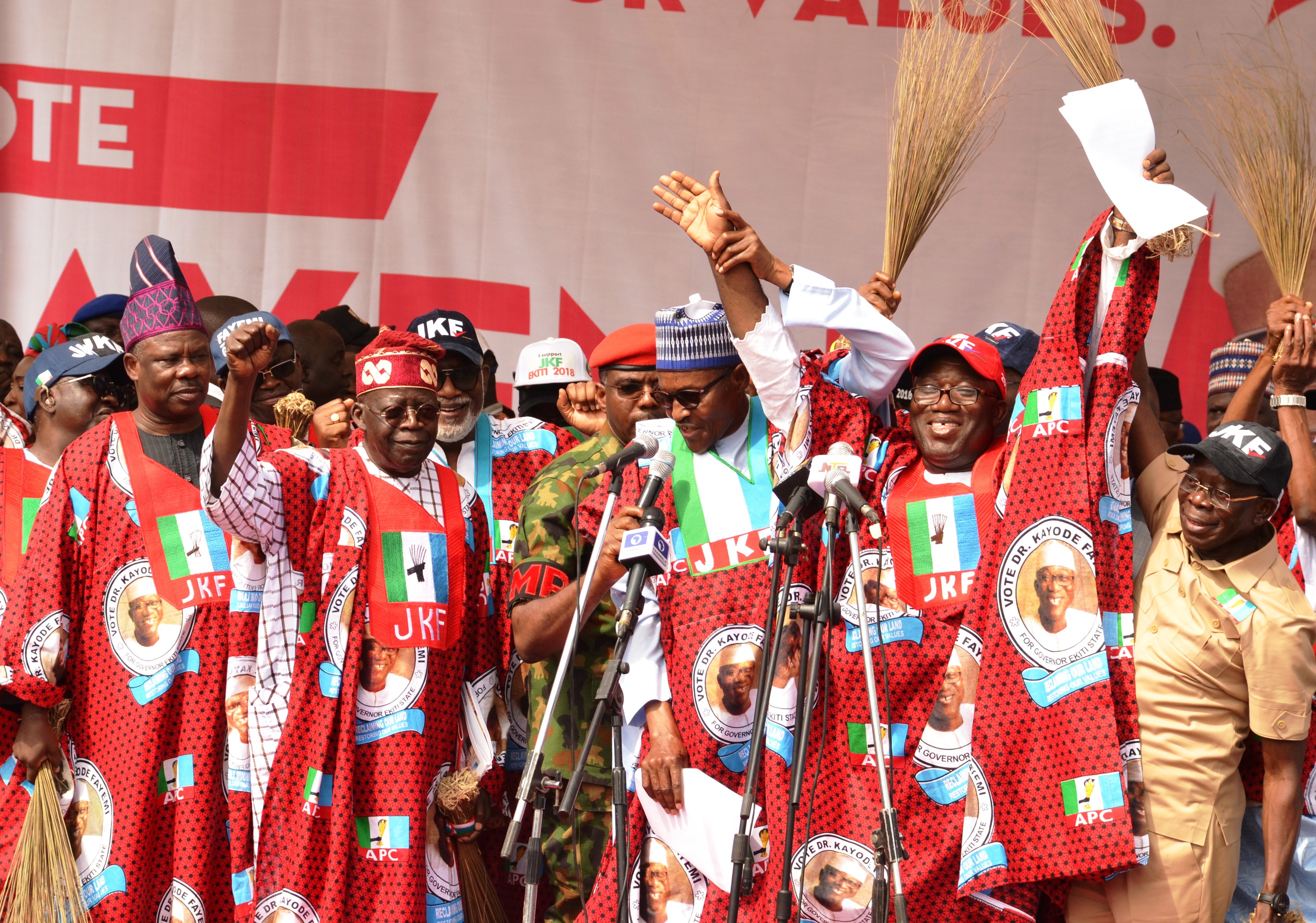The meat of the antelope is very sweet, Prof Ola Rotimi wrote in one of his books, but what happens while the meat is cooking? Great line I love immensely. As I watched the Nigerian President, Muhammadu Buhari, launch the 5G Policy last week, those words played in my head while staring blankly at the television.
I don’t want to stir the line of Charles Dickens’ Great Expectations but in moments like this, even the beautiful TV fails to provide any succour or solution to any troubling thoughts. Reality looks very remote and dreams become castles in the air.
Speaking at the launch of the 5G Policy, the President directed the national security apparati to take advantage of the technology in solving the nation’s well documented security challenges when it comes on stream.
In the words of the President, “5G technology is significantly faster than earlier digital technologies and it provides near real-time communication. This can play a key role in boosting our efforts towards enhancing security across the nation. It will enable our security institutions to effectively deploy robotics, autonomous vehicles, augmented and virtual reality to address any security challenges that we face. To this end, I hereby direct all the security institutions to immediately leverage 5G when deployed in order to beef up security in the country,” he said.
Advertisement
Quite a number of people are talking about the advantages of 5G technology, and the President should not be an exception. After all, at the auction conducted by the Nigerian Communications Commission (NCC) in December last year, a license fetched $273m. Two licenses were put in the market and they were picked by MTN Nigeria and new entrant, Mafab Communications, respectively. A President in charge of this great country in dire need of cash wouldn’t fail to recognise the track of that windfall.
Plus the monetary returns are some of the advantages of the technology which the President listed. “5G technologies offer a number of benefits that can support virtually every sector of our economy. For instance, it can enhance connectivity, improve healthcare, support education, foster smart cities and boost agriculture, among other advantages that it gives. It will also support security institutions with real-time communication,” he painted a convincing picture of hope.
Surrounded by top government officials, the programme looked like a campaign ceremony; making clarifications and pontifications, and, in fact, giving rare hope, even if such hope was in the distance. It was far from a campaign. For a fact, campaigns have been over ever since, and the entire season of the President is nearly over sans a few months.
Advertisement
While the meat of the antelope is cooking, what do we do? 5G is still months away but there is a major security challenge all over the country which demands urgent action. Spectrum winners are expected to make payment before the end of this month and there are no indications that the operators will roll out services immediately after payment.
My fear is that too much expectations are being piled on 5G . Experiences down the road should warn us to tread on the path of caution. Here is the gist. Over a year ago, the government came up with the NIN-SIM Policy which would compel phone users in the country to register their SIM cards, which details must be synced with their NINs. Although there was initial hoopla, the process was hailed as capable of helping to resolve some security issues. Records from the joint Committee handling the exercise indicate that about 73m NINs have been properly reconciled with SIMs. As I write this material, there are no indications that such security challenges have abated because of the magic of the exercise been jointly executed by the NCC and the National Identity Management Commission (NIMC). In fact, those who find it difficult to mind their own business say the situation is more complex and the body count is mounting.
Next was the well thought out idea to shut telecom services across some states of the federation especially in the north. It was reasoned then that with telecom services shut down in these areas, the terrorists and bandits and whatever name they bear from the pit of hell, would find it difficult to communicate and coordinate their evil activities. Again there are no proofs that some good results have been achieved except that what is playing out on the streets of the affected states and in some forests, clearly demonstrate a bizarre journey to anarchy but for the gallantry of the nation’s security personnel.
This is why I am calling for caution. 5G comes with overwhelming advantages but some of these advantages could be long in coming as it will take quite some time for services to be rolled out. These expectations should not push the regulatory agency into canvassing unnecessary rollout conditions that may put unbearable pressure on corporate organisations just set out to do normal business. I have gone through the Policy. Quite some contradictions in there but what jumps at me are some rollout suggestions in environments that may not support the business of the operators. Another caution too. The rollout is going to be expensive and no operator may be ready to put some of these equipments in areas where they will suffer equipment and revenue losses.
Advertisement
It is very reassuring that the President has promised to create an enabling environment for the operators to do business. Apart from security, power supply is part of that deal. And here I tell a little story which I read somewhere. When the Egbin power station went down recently, the nationalmailonline wrote:
“Nigeria generates an average of 8,000mw of electricity daily, out of the installed 13,000mw capacity, transmits an average of 5, 000mw, while distribution hovers between 3, 000mw and 2, 500mw.”
This is circumlocution in idea presentation. The problem is not with the writer but with those who supplied the figures. The summary which they tried very hard to obfuscate is that the nation of over 200m is only able to put 3000mw of electricity in the market daily. This may not do much to support 5G. There is also an inability to tell the truth. And this is also not good for business – big or small, 5G or 2G.
While so much miracles are expected of 5G, there is the need to temper our expectations with reality so that we do not pressure the operators out of the market with our bogus demands.
Advertisement
Views expressed by contributors are strictly personal and not of TheCable.







